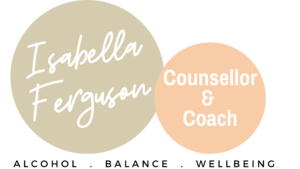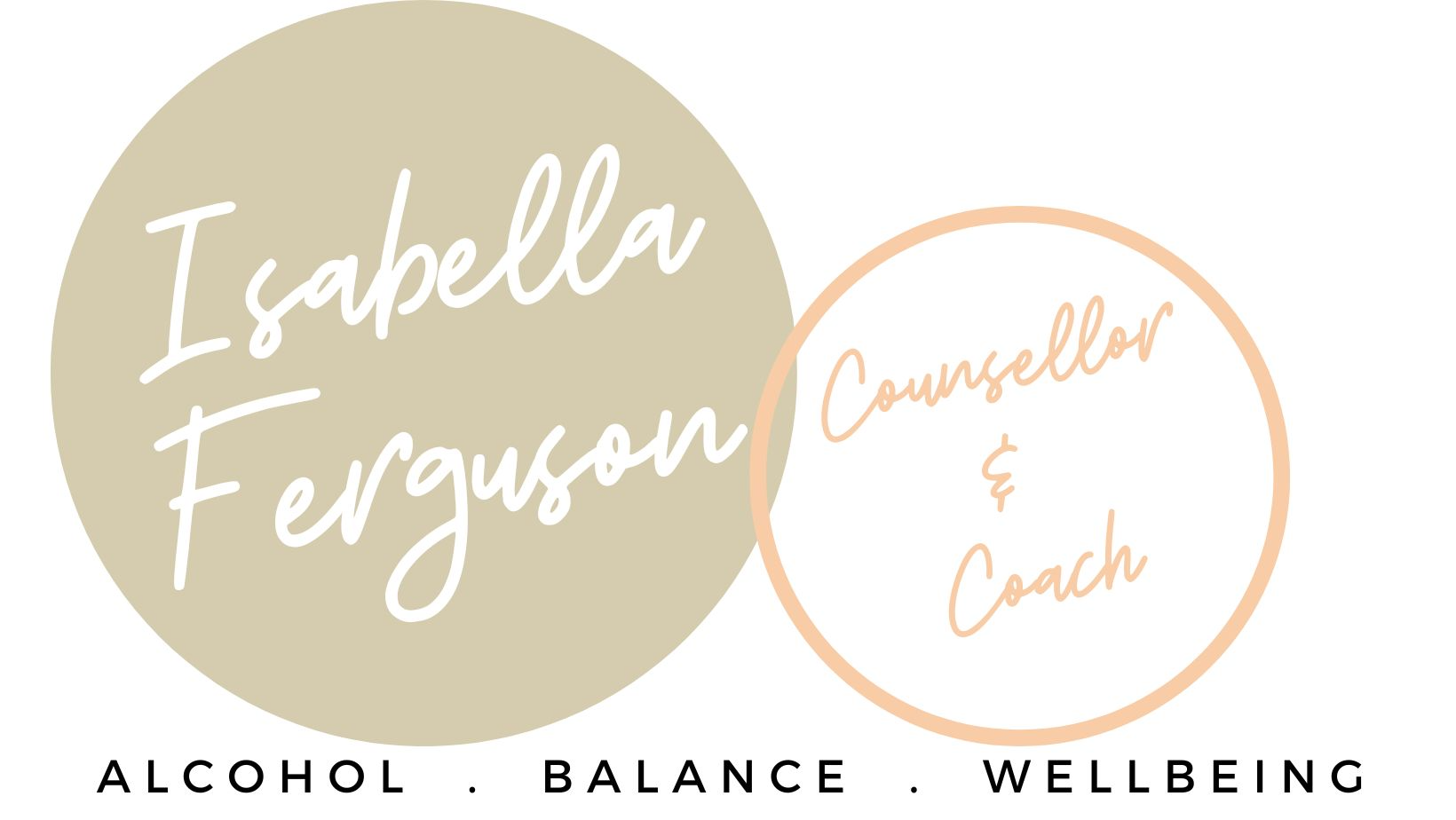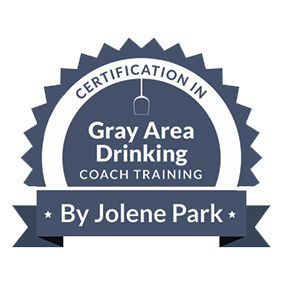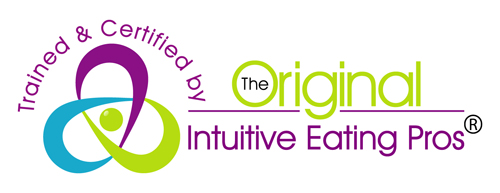What is Your “Meaning” or “Something Larger” in Life and Why is This Important to Know?
Imagine having a compass, a North Star, guiding you through life, providing a profound sense of contentment and satisfaction. In my most recent podcast episode, of De-Stress for Success, “What is Your Meaning or Something Larger in Life and Why is This Important to Know?” I delve into the intrinsic link between our life’s purpose and our overall wellbeing.
Purpose is more than just what we do; it is about who we are and why we exist. It is the thread that weaves together our life’s narrative, providing a coherent sense of identity and direction.
Purpose and meaning can be drawn from various wellsprings – the accomplishment of bold goals, service to others, spiritual awakenings, and the deep emotional bonds we share with people. Achieving ambitious goals can serve as a potent source of meaning. Working towards these goals can instill a sense of accomplishment, leading to increased satisfaction and happiness.
Moreover, the act of serving others can foster a sense of purpose and meaning. Through acts of kindness and generosity, we can make a tangible difference in others’ lives, fostering a sense of purpose and enhancing our sense of self-worth.
Spiritual awakenings can also serve as a great source of meaning. Spirituality can provide a larger framework for understanding our existence, helping us make sense of our place in the universe.
Emotional bonds, too, are a crucial source of meaning. The relationships we build with others, characterised by love and emotional connection, can provide us with a sense of belonging and purpose.
During the episode, I challenge listeners to dig deep, uncover their passions, and identify what truly ignites joy within them. Discovering your passion can act as a beacon during turbulent times, guiding you towards your life’s true meaning.
Finding meaning and purpose in life is closely linked to our overall life satisfaction. It transcends fleeting moments of happiness to provide a sense of fulfillment and contentment. A strong sense of purpose can also act as a protective factor against mental health issues such as depression and anxiety.
Finding meaning in life is a deeply personal and introspective journey. It often involves self-reflection, exploration, and a willingness to engage with both the philosophical and practical aspects of your existence. If you’re struggling to find meaning, don’t hesitate to seek support from a therapist, coach, or counsellor.
In conclusion, discovering your life’s true purpose can lead to a profound sense of happiness and contentment. It can serve as your North Star, guiding you through life’s ups and downs, providing you with a sense of direction, and ultimately leading you towards a more fulfilling and satisfying life.






